Sensitive countries list takes effect
입력 2025.04.15 (23:57)
읽어주기 기능은 크롬기반의
브라우저에서만 사용하실 수 있습니다.
[Anchor]
The United States' list of sensitive countries, which now includes South Korea, came into effect today (Apr. 15).
The government is actively negotiating, but it has indicated that it may take more time to be removed from the list.
Reporter Yang Min-cheol tells us more.
[Report]
The 'sensitive country list' is managed by the U.S. Department of Energy for reasons related to national security and nuclear non-proliferation.
Our country has been included on this list since 12:00 AM local time on the 15th.
The U.S. Department of Energy decided to add South Korea to the list of 'other designated countries' effective April 15th earlier this January, and it has taken effect as scheduled.
Last month, the government belatedly became aware of the related information, and the Minister of Trade, Industry and Energy flew to the U.S. to consult with the Secretary of Energy, but ultimately failed to lift the designation before it took effect.
The government has stated that it is still continuing negotiations.
[Lee Jae-woong/Spokesperson for the Ministry of Foreign Affairs: "We are actively negotiating with the U.S. Department of Energy. The process for lifting the designation will proceed according to internal procedures on the U.S. side, and it seems that more time will be needed."]
He emphasized that "the U.S. side has reaffirmed that the designation as a sensitive country will not affect South Korea-U.S. research and development (R&D) cooperation."
However, researchers from South Korea will now need to obtain separate approval when visiting the Department of Energy and its affiliated research institutes, and researchers affiliated with the Department of Energy will also have to undergo additional security procedures when visiting South Korea.
The uncertainty regarding how long it will take to lift the designation is also a concern.
When South Korea was first designated as a sensitive country in the 1980s, the government became aware of it late and requested the lifting of the designation starting in late 1993, but took about seven months to be lifted.
Additionally, there are concerns that the inclusion of our country on the sensitive country list itself, as a key ally of the United States, could hinder long-term cooperation between South Korea and the U.S.
This is KBS News, Yang Min-cheol.
The United States' list of sensitive countries, which now includes South Korea, came into effect today (Apr. 15).
The government is actively negotiating, but it has indicated that it may take more time to be removed from the list.
Reporter Yang Min-cheol tells us more.
[Report]
The 'sensitive country list' is managed by the U.S. Department of Energy for reasons related to national security and nuclear non-proliferation.
Our country has been included on this list since 12:00 AM local time on the 15th.
The U.S. Department of Energy decided to add South Korea to the list of 'other designated countries' effective April 15th earlier this January, and it has taken effect as scheduled.
Last month, the government belatedly became aware of the related information, and the Minister of Trade, Industry and Energy flew to the U.S. to consult with the Secretary of Energy, but ultimately failed to lift the designation before it took effect.
The government has stated that it is still continuing negotiations.
[Lee Jae-woong/Spokesperson for the Ministry of Foreign Affairs: "We are actively negotiating with the U.S. Department of Energy. The process for lifting the designation will proceed according to internal procedures on the U.S. side, and it seems that more time will be needed."]
He emphasized that "the U.S. side has reaffirmed that the designation as a sensitive country will not affect South Korea-U.S. research and development (R&D) cooperation."
However, researchers from South Korea will now need to obtain separate approval when visiting the Department of Energy and its affiliated research institutes, and researchers affiliated with the Department of Energy will also have to undergo additional security procedures when visiting South Korea.
The uncertainty regarding how long it will take to lift the designation is also a concern.
When South Korea was first designated as a sensitive country in the 1980s, the government became aware of it late and requested the lifting of the designation starting in late 1993, but took about seven months to be lifted.
Additionally, there are concerns that the inclusion of our country on the sensitive country list itself, as a key ally of the United States, could hinder long-term cooperation between South Korea and the U.S.
This is KBS News, Yang Min-cheol.
■ 제보하기
▷ 카카오톡 : 'KBS제보' 검색, 채널 추가
▷ 전화 : 02-781-1234, 4444
▷ 이메일 : kbs1234@kbs.co.kr
▷ 유튜브, 네이버, 카카오에서도 KBS뉴스를 구독해주세요!
- Sensitive countries list takes effect
-
- 입력 2025-04-15 23:57:09
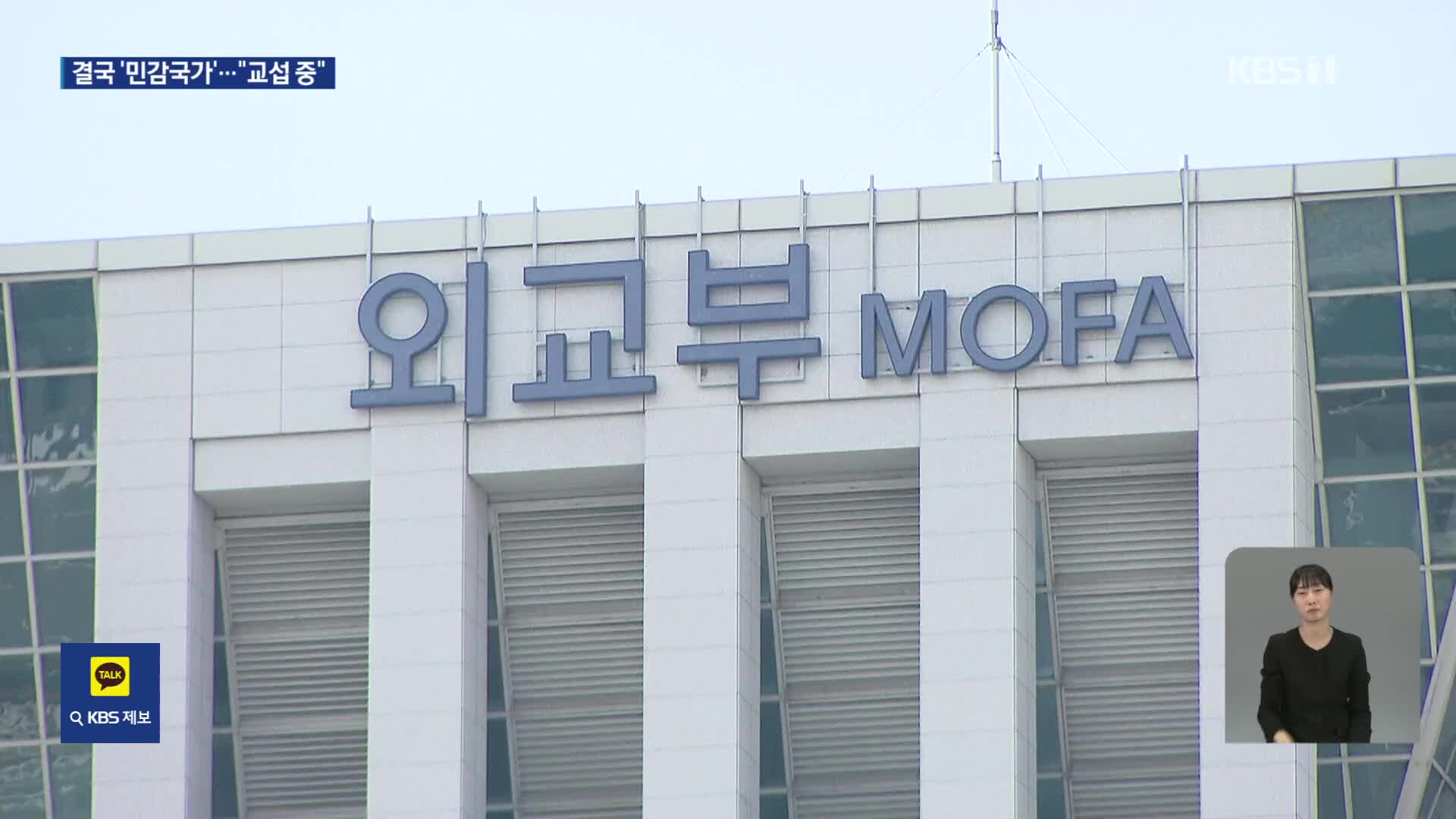
[Anchor]
The United States' list of sensitive countries, which now includes South Korea, came into effect today (Apr. 15).
The government is actively negotiating, but it has indicated that it may take more time to be removed from the list.
Reporter Yang Min-cheol tells us more.
[Report]
The 'sensitive country list' is managed by the U.S. Department of Energy for reasons related to national security and nuclear non-proliferation.
Our country has been included on this list since 12:00 AM local time on the 15th.
The U.S. Department of Energy decided to add South Korea to the list of 'other designated countries' effective April 15th earlier this January, and it has taken effect as scheduled.
Last month, the government belatedly became aware of the related information, and the Minister of Trade, Industry and Energy flew to the U.S. to consult with the Secretary of Energy, but ultimately failed to lift the designation before it took effect.
The government has stated that it is still continuing negotiations.
[Lee Jae-woong/Spokesperson for the Ministry of Foreign Affairs: "We are actively negotiating with the U.S. Department of Energy. The process for lifting the designation will proceed according to internal procedures on the U.S. side, and it seems that more time will be needed."]
He emphasized that "the U.S. side has reaffirmed that the designation as a sensitive country will not affect South Korea-U.S. research and development (R&D) cooperation."
However, researchers from South Korea will now need to obtain separate approval when visiting the Department of Energy and its affiliated research institutes, and researchers affiliated with the Department of Energy will also have to undergo additional security procedures when visiting South Korea.
The uncertainty regarding how long it will take to lift the designation is also a concern.
When South Korea was first designated as a sensitive country in the 1980s, the government became aware of it late and requested the lifting of the designation starting in late 1993, but took about seven months to be lifted.
Additionally, there are concerns that the inclusion of our country on the sensitive country list itself, as a key ally of the United States, could hinder long-term cooperation between South Korea and the U.S.
This is KBS News, Yang Min-cheol.
The United States' list of sensitive countries, which now includes South Korea, came into effect today (Apr. 15).
The government is actively negotiating, but it has indicated that it may take more time to be removed from the list.
Reporter Yang Min-cheol tells us more.
[Report]
The 'sensitive country list' is managed by the U.S. Department of Energy for reasons related to national security and nuclear non-proliferation.
Our country has been included on this list since 12:00 AM local time on the 15th.
The U.S. Department of Energy decided to add South Korea to the list of 'other designated countries' effective April 15th earlier this January, and it has taken effect as scheduled.
Last month, the government belatedly became aware of the related information, and the Minister of Trade, Industry and Energy flew to the U.S. to consult with the Secretary of Energy, but ultimately failed to lift the designation before it took effect.
The government has stated that it is still continuing negotiations.
[Lee Jae-woong/Spokesperson for the Ministry of Foreign Affairs: "We are actively negotiating with the U.S. Department of Energy. The process for lifting the designation will proceed according to internal procedures on the U.S. side, and it seems that more time will be needed."]
He emphasized that "the U.S. side has reaffirmed that the designation as a sensitive country will not affect South Korea-U.S. research and development (R&D) cooperation."
However, researchers from South Korea will now need to obtain separate approval when visiting the Department of Energy and its affiliated research institutes, and researchers affiliated with the Department of Energy will also have to undergo additional security procedures when visiting South Korea.
The uncertainty regarding how long it will take to lift the designation is also a concern.
When South Korea was first designated as a sensitive country in the 1980s, the government became aware of it late and requested the lifting of the designation starting in late 1993, but took about seven months to be lifted.
Additionally, there are concerns that the inclusion of our country on the sensitive country list itself, as a key ally of the United States, could hinder long-term cooperation between South Korea and the U.S.
This is KBS News, Yang Min-cheol.
이 기사가 좋으셨다면
-
좋아요
0
-
응원해요
0
-
후속 원해요
0











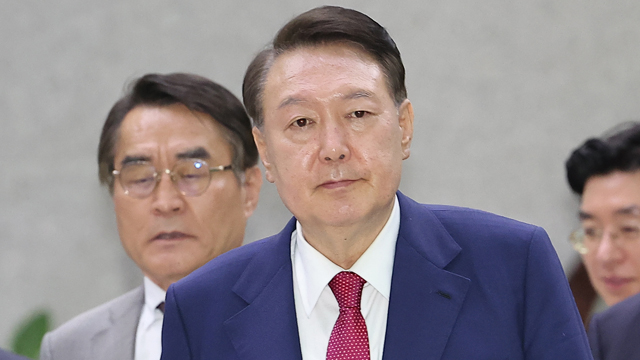
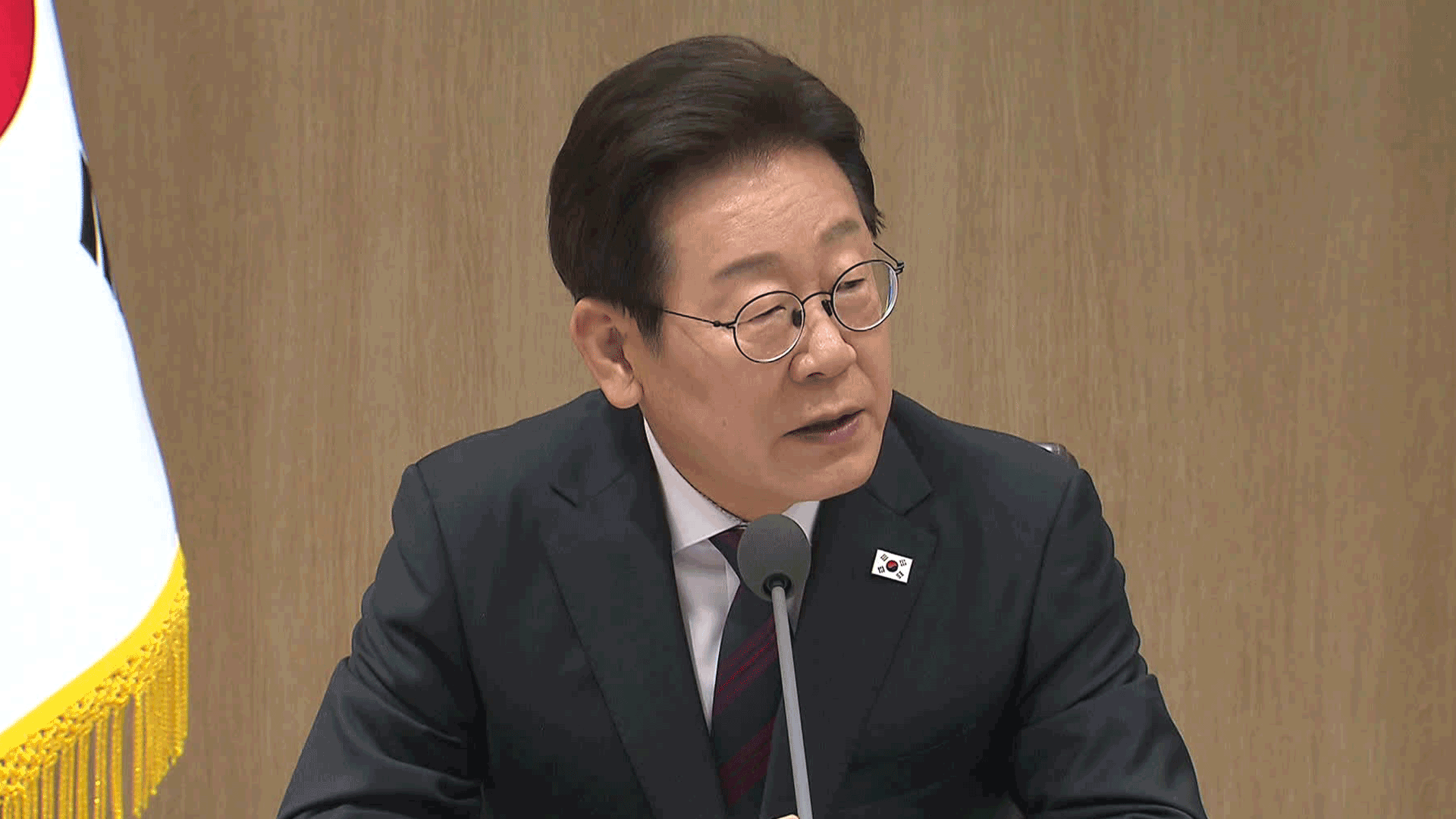
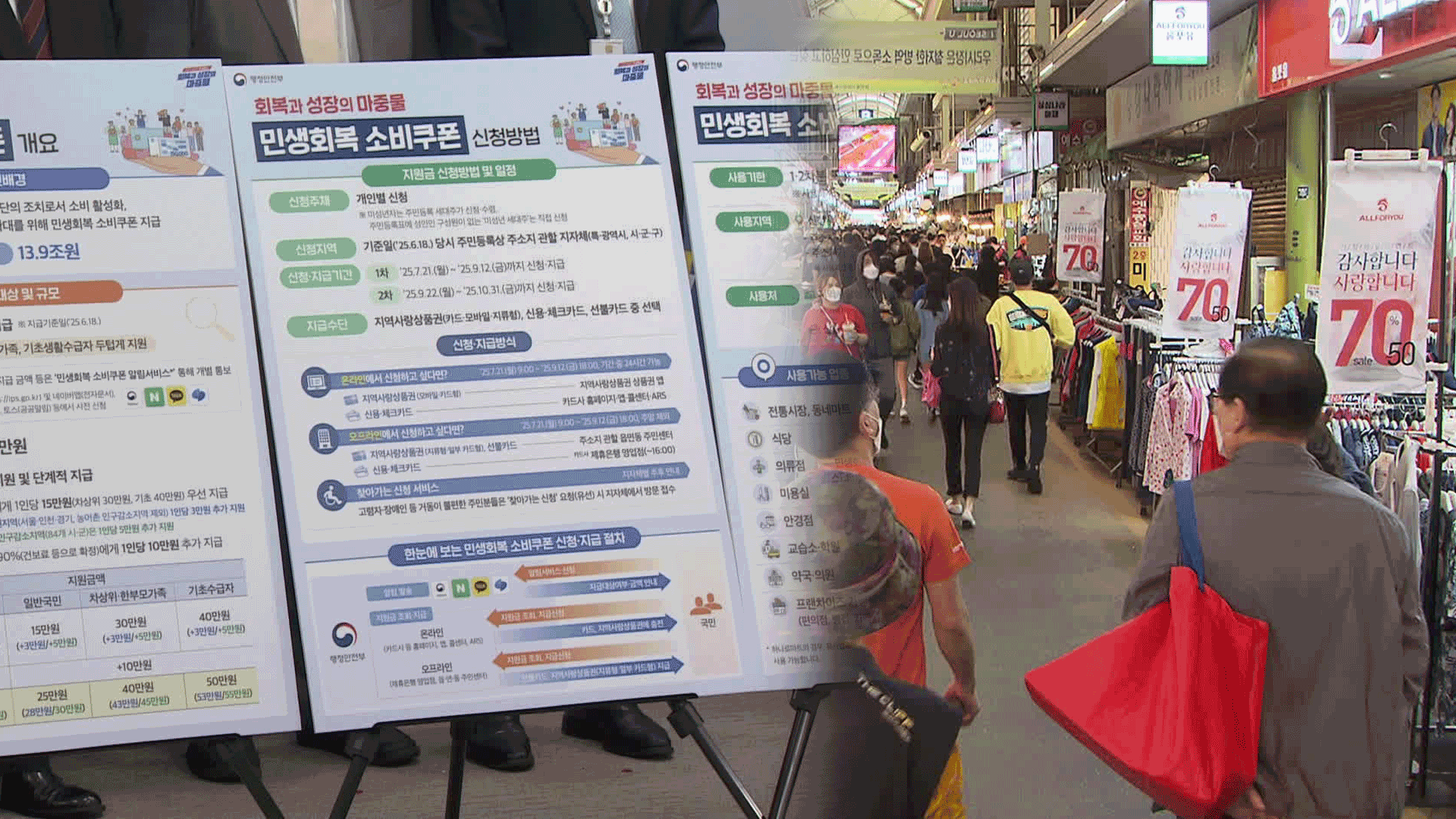
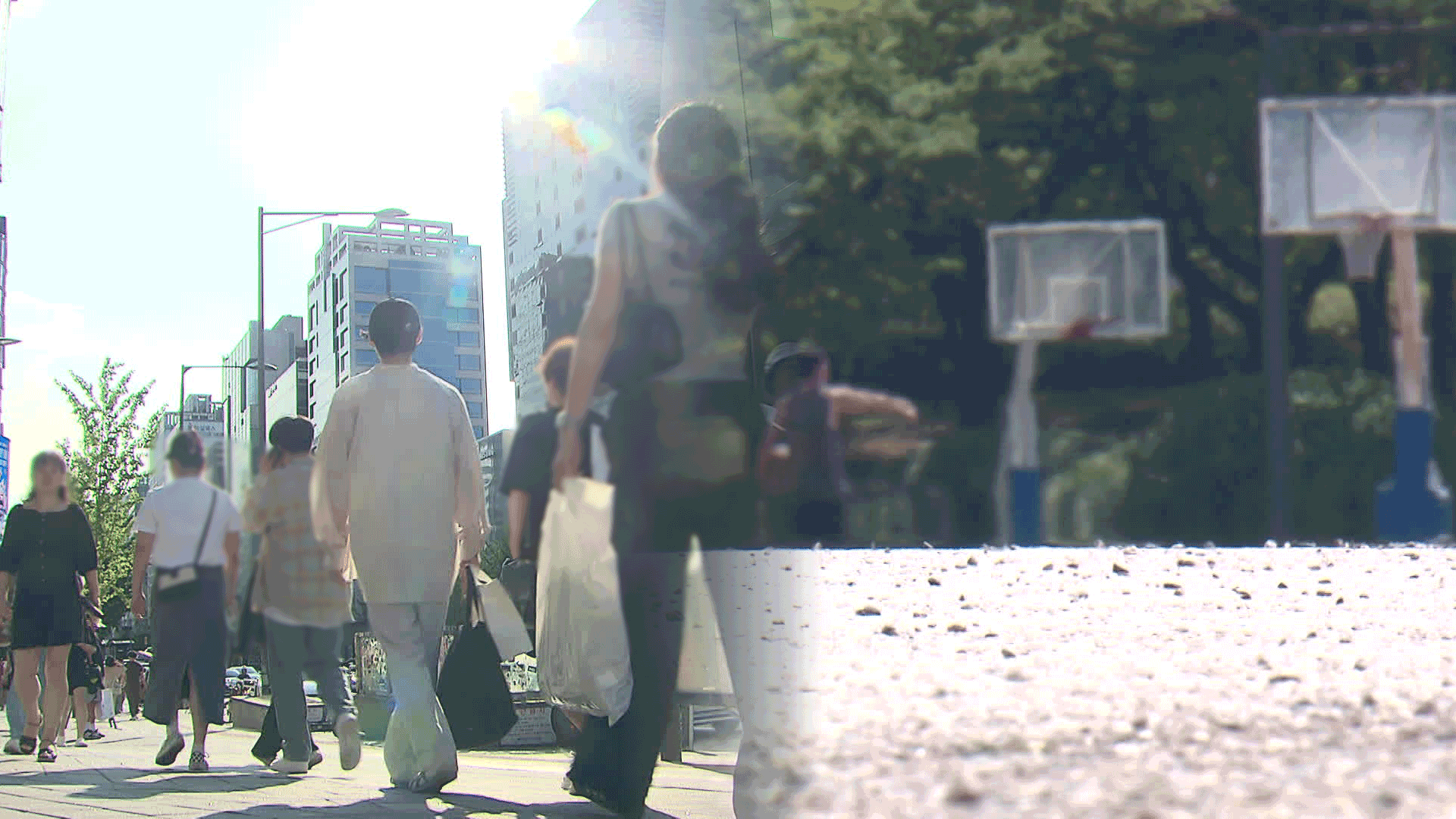

이 기사에 대한 의견을 남겨주세요.